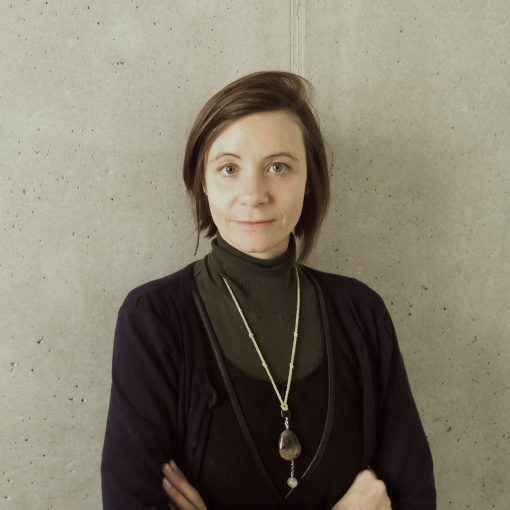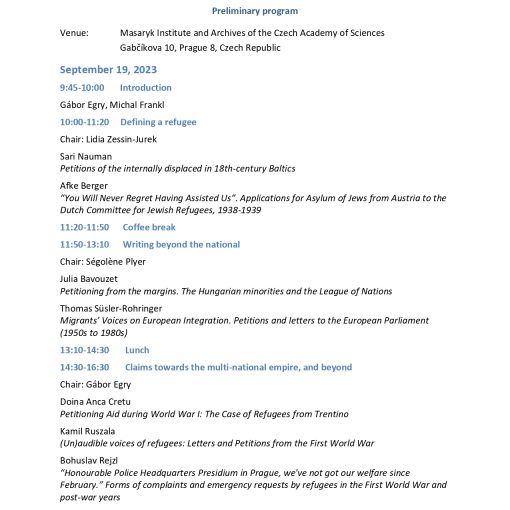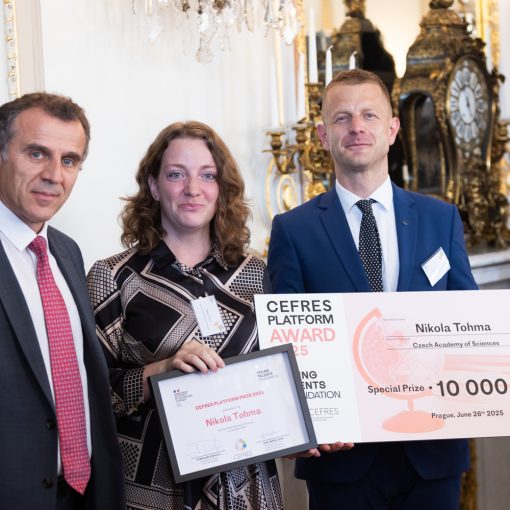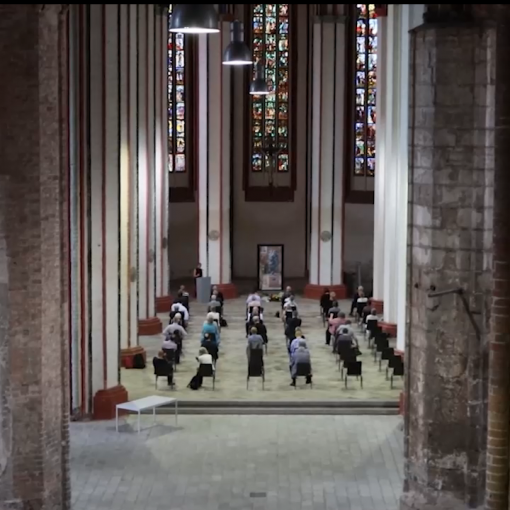During a two-day internal workshop in January 2020, the Unlikely Refuge? research team discussed the use of anthropological methods in the historical research of refugeeness and humanitarianism. Our debate developed around similarities and differences between the historical and anthropological theoretical approaches and research methods. Furthermore, we considered the applicability of interdisciplinary insights and their practical implications for the team’s work.
We structured our discussions within three consecutive sessions. As part of the theoretical introduction, we focused on the notions of state, agency and migration in current anthropological debates. Moreover, we investigated the problem of contemporary methodological developments in the fields of national and transnational migration studies and addressed ethnography as a method in migration research.
Within our session on anthropology of humanitarianism, we discussed certain key theoretical insights on refugeeness and humanitarianism in anthropological literature, assuming that they can serve as a basis for framing and formulating interdisciplinary research questions. We have been particularly interested in the anthropological perspectives of the role of states as non-homogeneous entities that are entering both into formal and informal relations with migrants and refugees. We discussed the contrasts between state bureaucratic procedures and the everyday local realities of humanitarianism. Furthermore, we looked into the issue of refugee reception by societies with different experiences of migration. We also delved into various approaches towards migration and refugee experiences, including the role of emotions and the perceptions of temporality and timing of migration and refugeedom.
In our final session, we inquired into the topic of migration as a gendered experience with Petra Ezzeddine, a sociocultural anthropologist from Charles University (Prague) as our guest speaker. Together we explored the relation between gender and migration in the case of Yugoslav refugee women. Among others, Petra drew our attention to an interesting Czech-language blog project dedicated to the life stories and everyday issues of contemporary female migrants (SIMI bez vrásek).
Readings:
A. Theoretical framework
B. Anthropology of humanitarianism
C. Gender and migration



